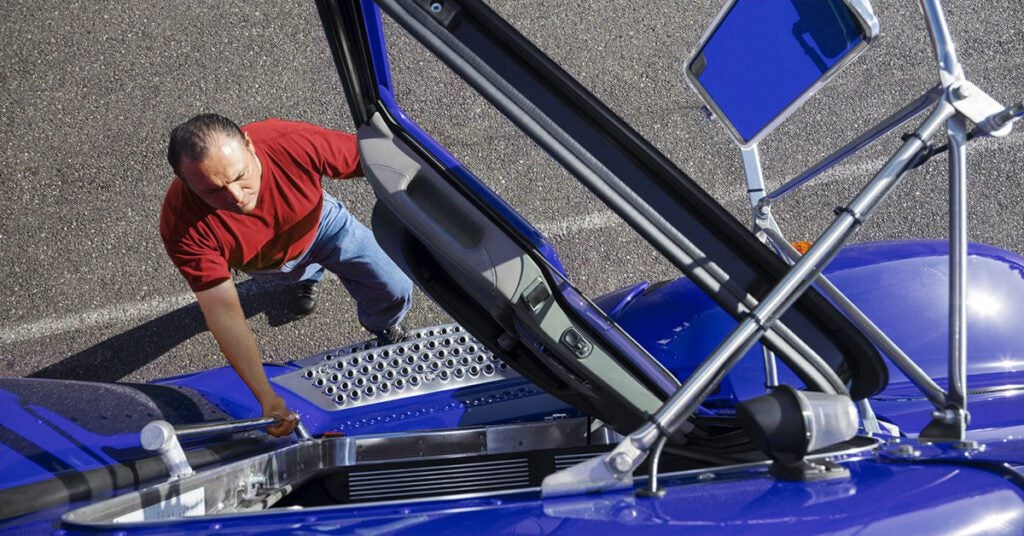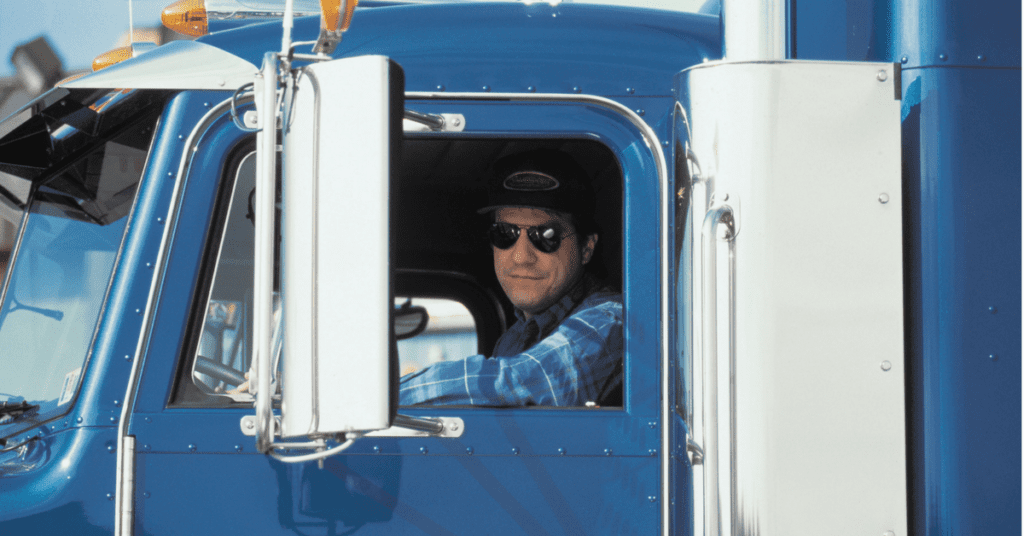The public comment period on the FMCSA’s proposal to raise the minimum financial responsibility required of carriers ends next week. If you haven’t already voiced your opinion, speak now or forever hold your peace. The deadline is Feb. 26.
The FMCSA issued an Advance Notice of Proposed Rulemaking (ANPR) in November. The notice recommended raising the current minimums of $750,000 for general freight and $1 million for hazardous materials to an as yet undetermined amount. As part of the 60-day public comment period, FMCSA is asking carriers to answer a questionnaire about how much they currently pay for insurance and how much they expect their premiums to increase if the minimum was raised.
Costly for Small Carriers
The current minimums have been in place since 1985, and the FMCSA has stated that the new minimum could be anywhere from $1.6 million to $3.2 million based on different measures of inflation. Many of the largest carriers are self-insured through bonds, letters of credit, or some other financial means. For small carriers and owner-operators who are already bracing for the expense of eventually being forced to purchase e-logging devices, meeting the new requirements would mean paying higher insurance premiums.
Commenters in a previous story said that they currently pay anywhere from $4,000 to $14,000 per year on insurance premiums for one rig. Increasing that expense would force many out of business during a time when we’re seeing record volumes of freight posted to the DAT Load Boards.
The current driver shortage already limits the trucking industry’s ability to keep up with demand from shippers, and raising insurance premiums would add another check on capacity growth.
99% of Claims Cost Under $750K
The benefit of raising the minimum isn’t clear either, given how rare it is for settlements to exceed the current minimums. The Trucking Alliance, a group of seven large carriers that are lobbying to raise the limit, found that only 1 percent of the claims it studied were settled above the current minimum.

ATA and OOIDA both oppose the measure, and ATA’s study of data from two of the 10 largest trucking insurers found that there’s only a 0.7% chance of crash resulting in a settlement above $1 million. The ATA study included ten times as many settlements as the Trucking Alliance’s, and it found that the average cost per crash is $11,229. To comment on the FMCSA proposal and answer the agency’s questionnaire, go to www.regulations.gov.


